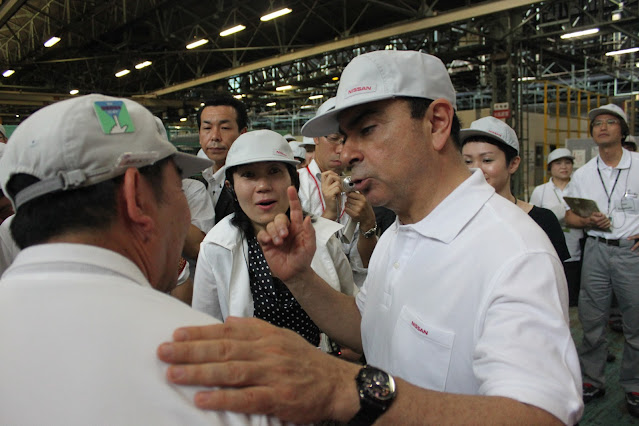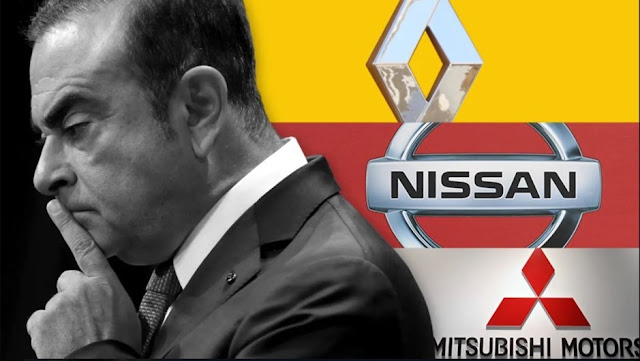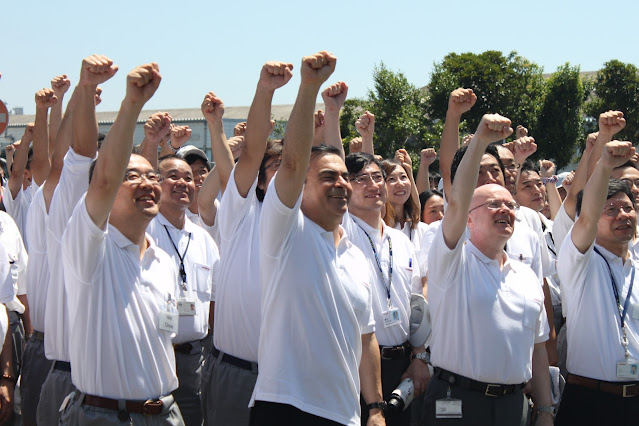Mr. Ghosn's remarks follow a June report by Reuters
news agency, which stated that Ghosn had sued Nissan and others, seeking over
$1 billion in damages, including allegations of defamation. It remains unclear
whether this is the same lawsuit mentioned by Mr. Ghosn or a separate legal action.
Expressing his determination, Mr. Ghosn emphasized
that Nissan must face the consequences of its actions against him and his
family. He stated, "I just want to make sure all the criminals and
plotters cannot sleep quietly in their beds." Mr. Ghosn spoke from
Lebanon, where he dramatically fled to in December 2019 while on bail, awaiting
trial for charges of underreporting remuneration and misusing Nissan's funds.
According to Mr. Ghosn, the alliance has significantly
deteriorated over the years, exacerbated by his arrest, resulting in "a
mini alliance with a very reduced scope of cooperation." He explained that
the only feasible option moving forward is to establish a less ambitious and
more restricted partnership.
In February, Nissan and its major shareholder Renault
announced a formal agreement to equalize their mutual cross-shareholdings at 15
percent. This decision marked a significant change in the long-standing capital
alliance that had created one of the world's largest automotive groups.
The ex-chairman concluded his remarks by criticizing
the governance at Nissan, suggesting that it is currently dysfunctional.
Mr. Ghosn's recent revelations and his initiation of a
criminal lawsuit against Nissan shed further light on the deep-seated issues
within the company, necessitating a significant change in Japan's behaviors
toward foreigners. The treatment and handling of Carlos Ghosn's case have not
only tarnished Japan's reputation but have also raised concerns about the
fairness and transparency of its legal system. To restore trust and promote
inclusivity, Japan should strive to provide a more balanced and impartial
environment for foreign executives, affording them due process and fair
treatment. Embracing diversity and implementing inclusive practices will
strengthen Japan's position in the global business landscape. It is imperative
for Japan to reflect on these events and enact meaningful reforms to create a
more welcoming and equitable environment for foreigners in the future.
Additionally, while the lawsuit initiated by Mr. Ghosn
may not yield substantial monetary value, it has brought attention to the flaws
within Japan's business culture and legal system. The true value of this
lawsuit lies in its potential to catalyze a much-needed change. By addressing
the underlying issues and promoting fairness and transparency, Japan can foster
a more inclusive and progressive environment that benefits foreign executives
and enhances its global reputation. Implementing systemic reforms that
prioritize equality and encourage diverse perspectives should be the focus,
leading to a more thriving and dynamic business landscape in Japan.
Nissan Board of Directors And Their Envy of Carlos Ghosn





Comments
Post a Comment